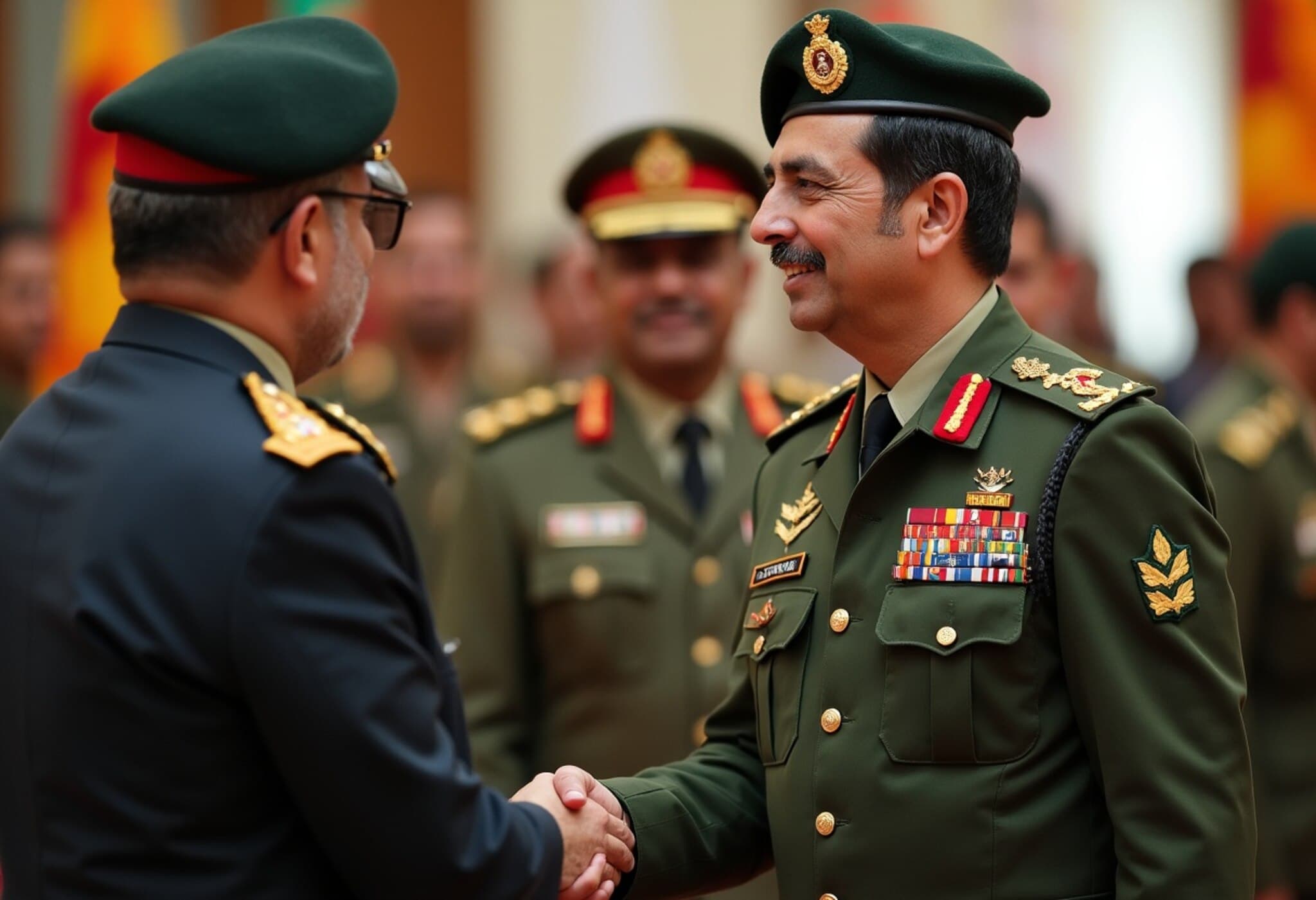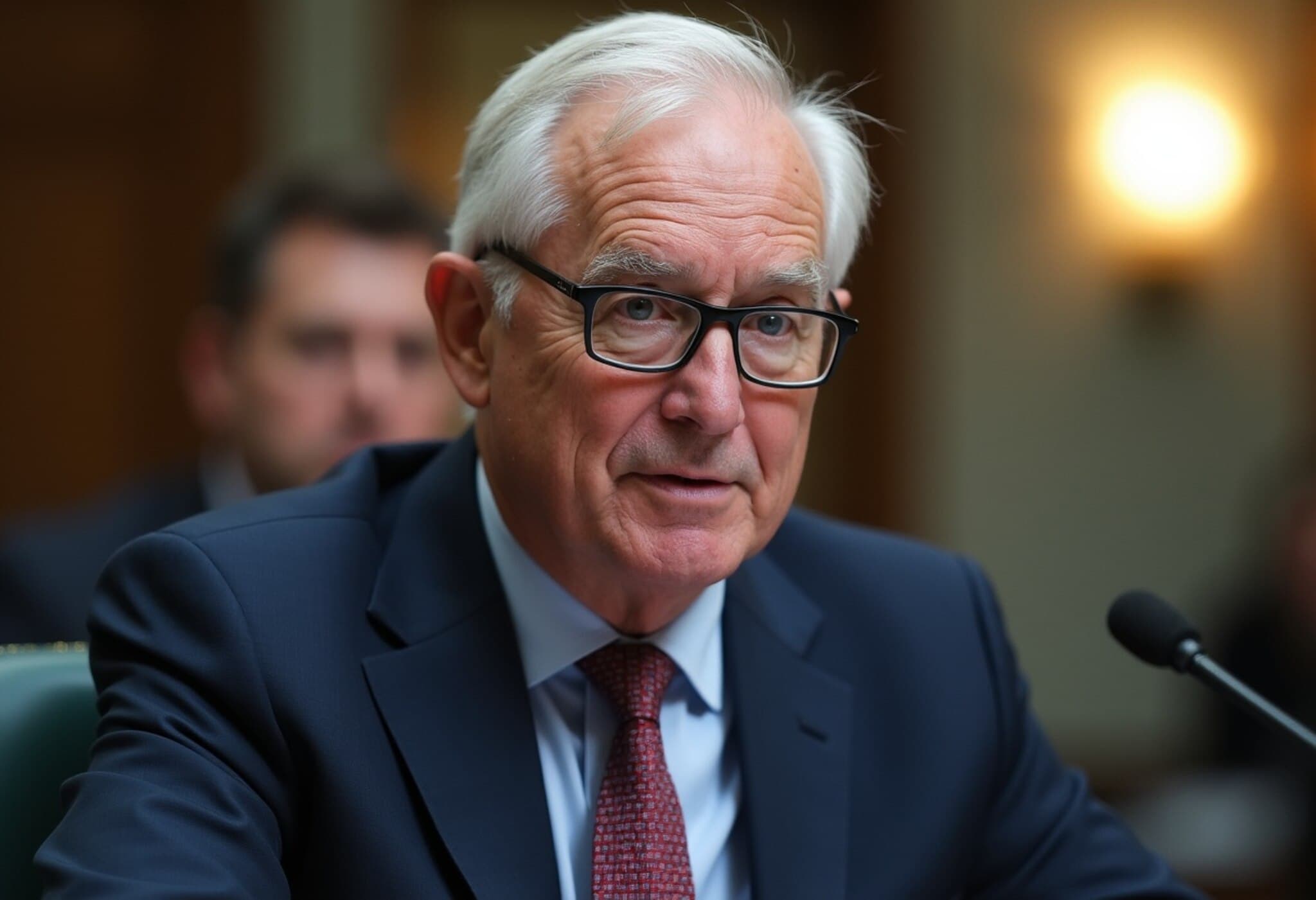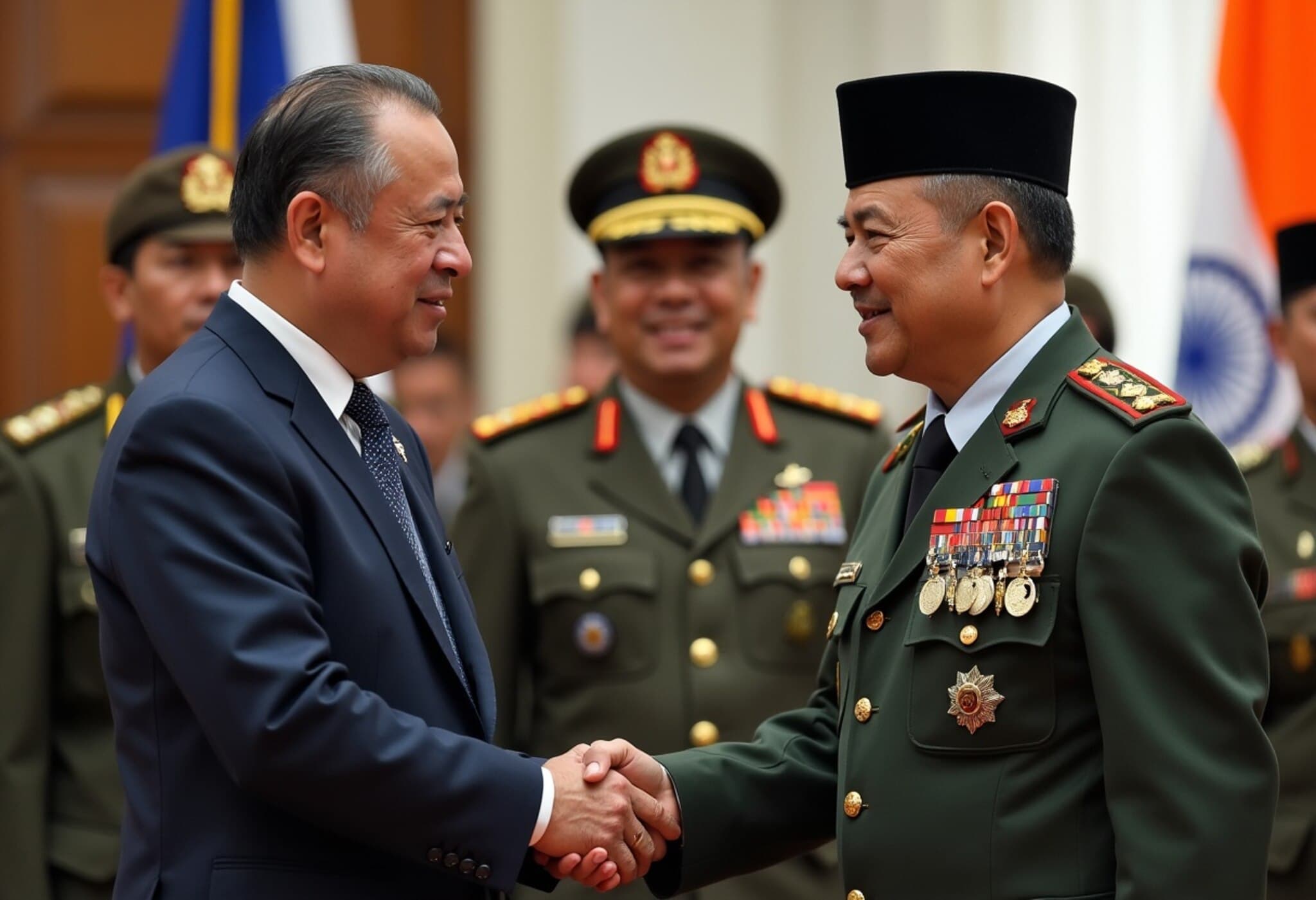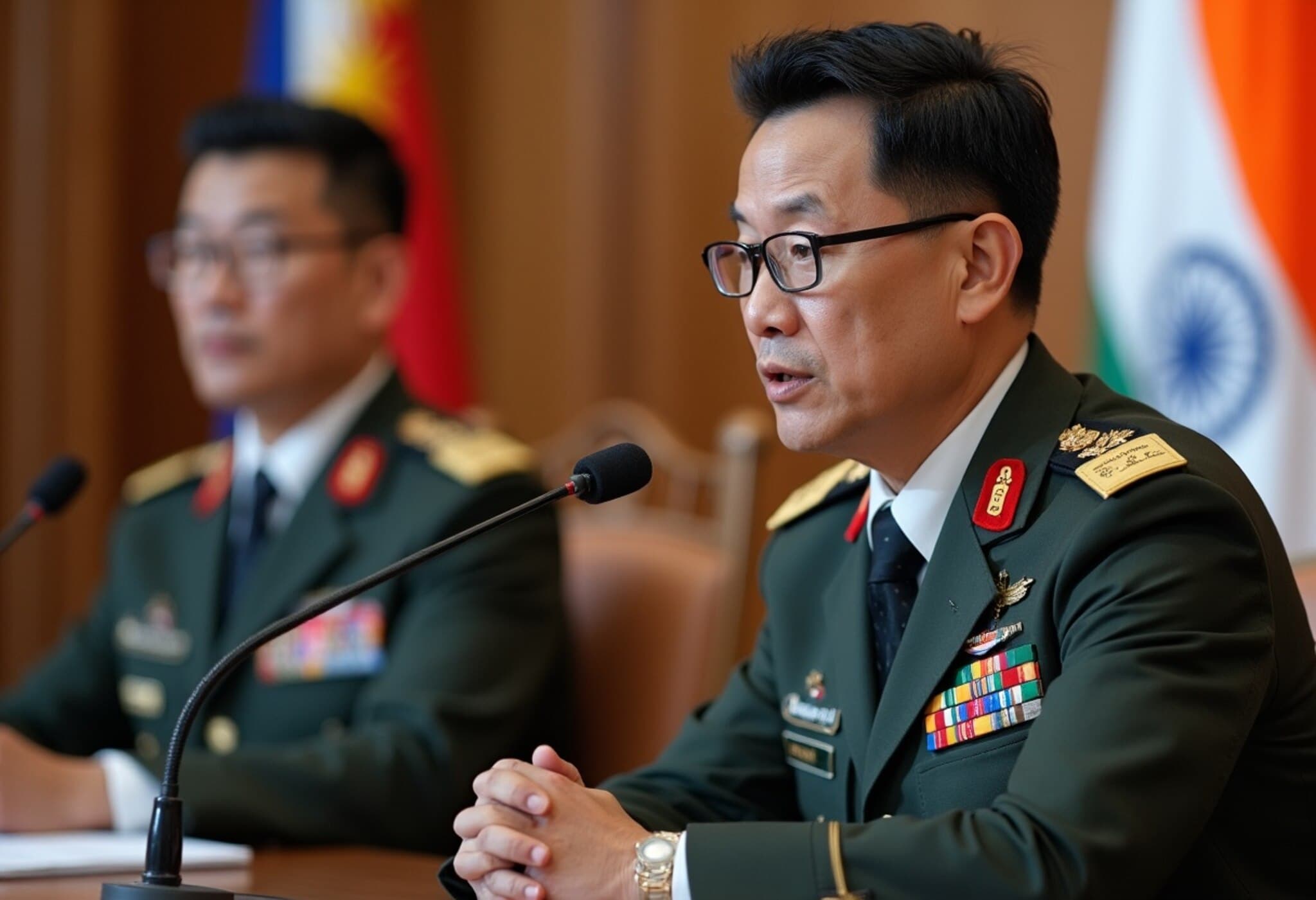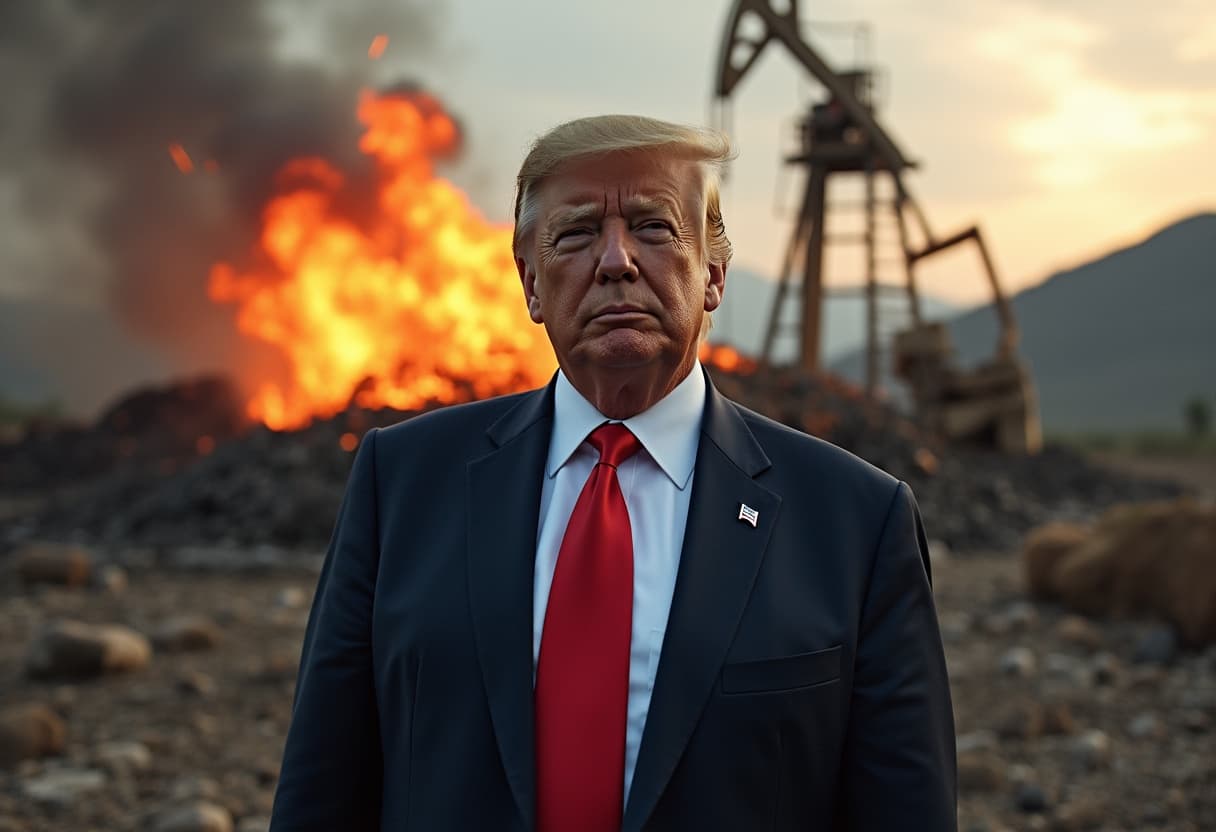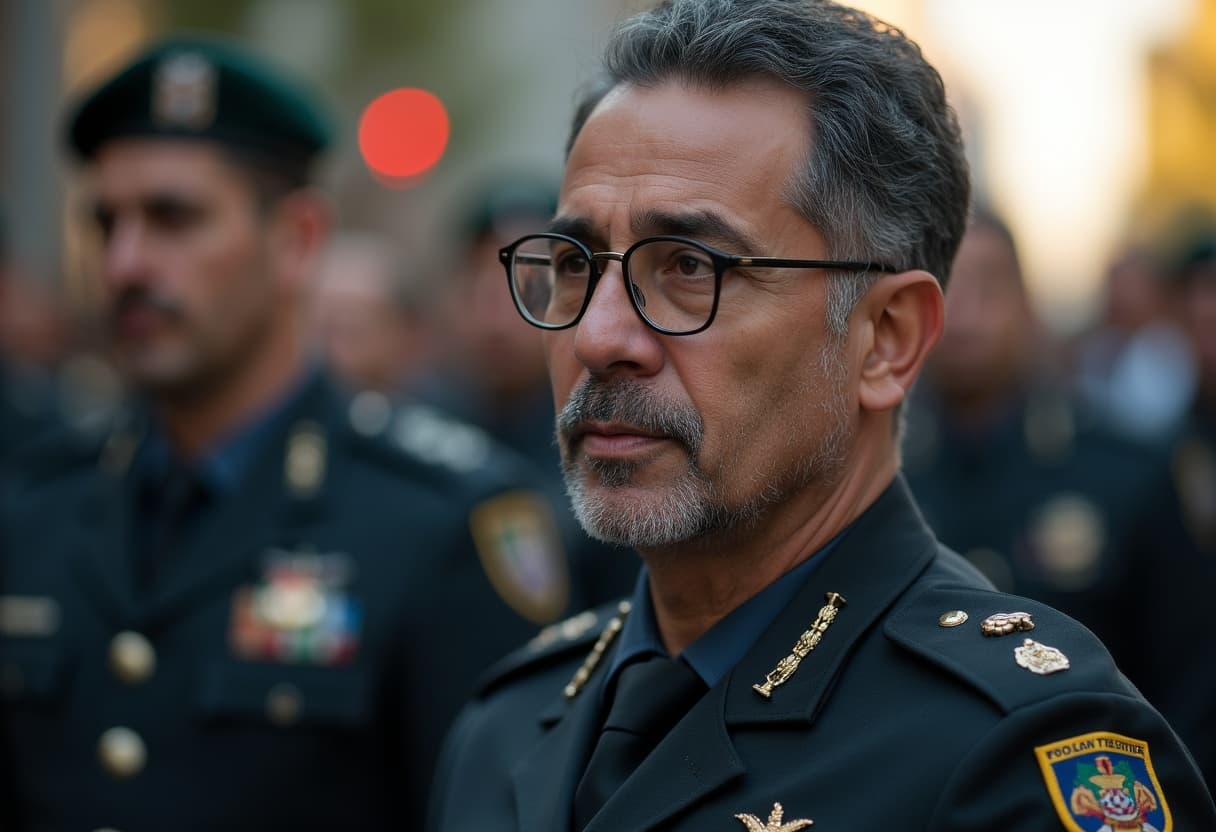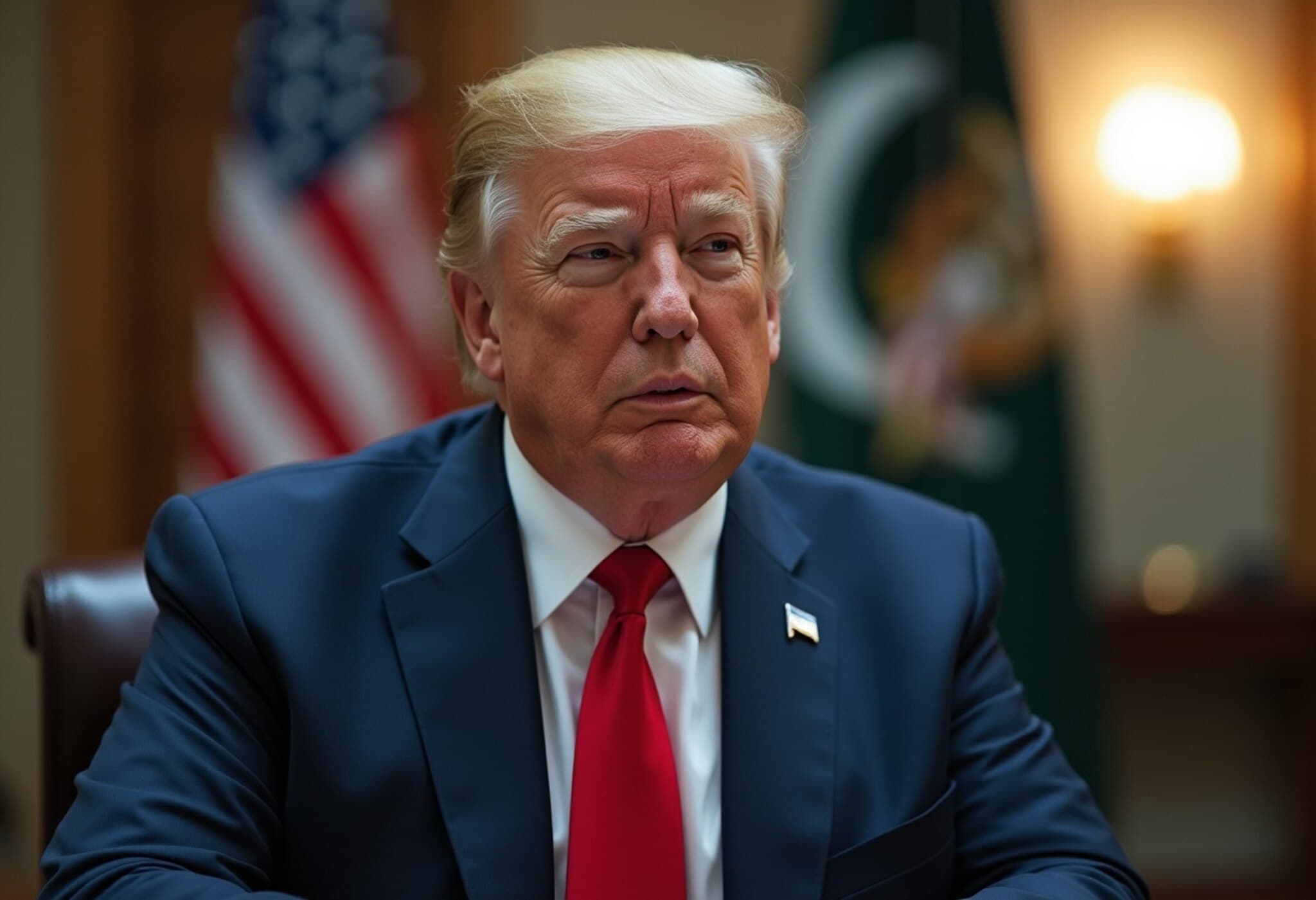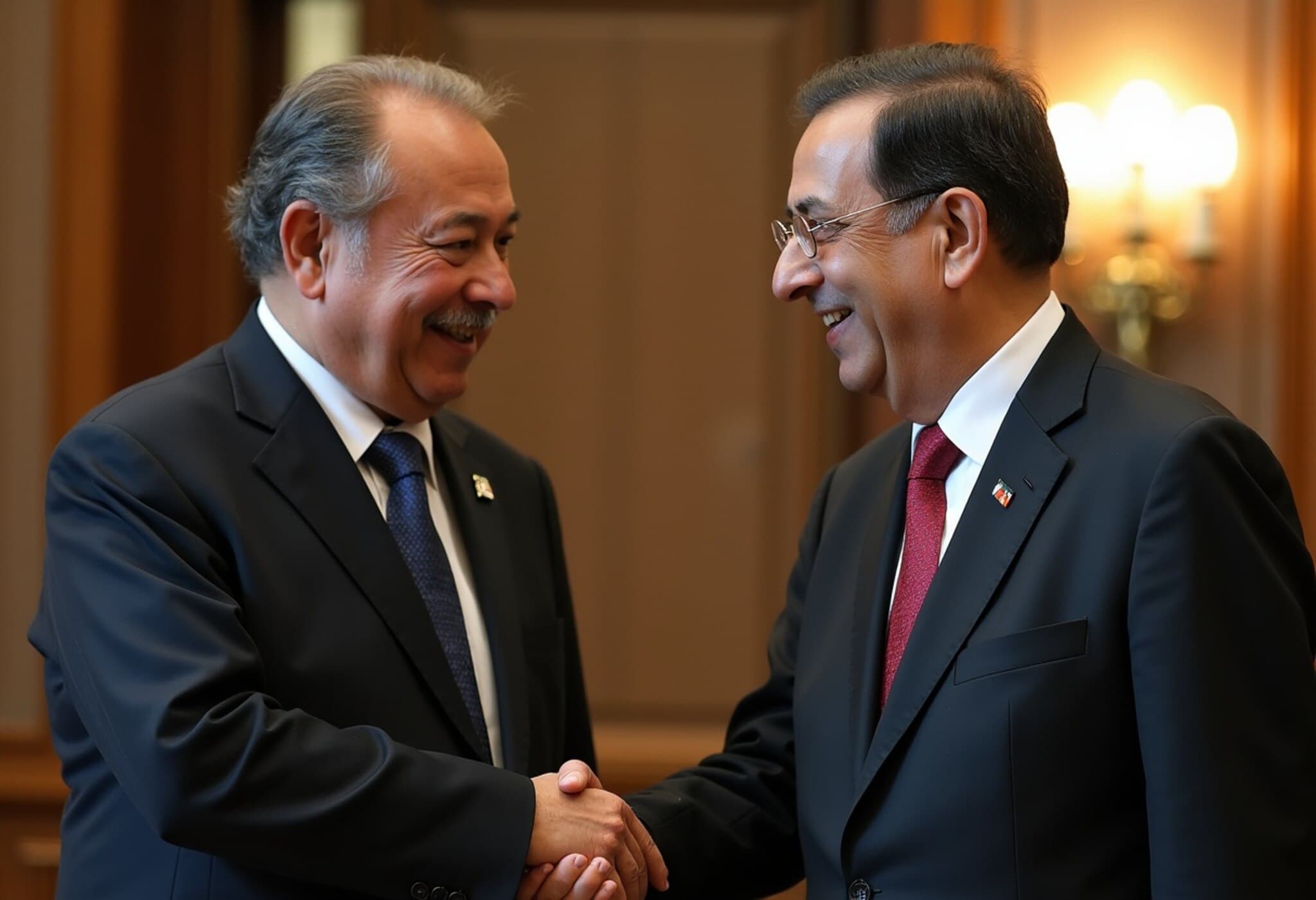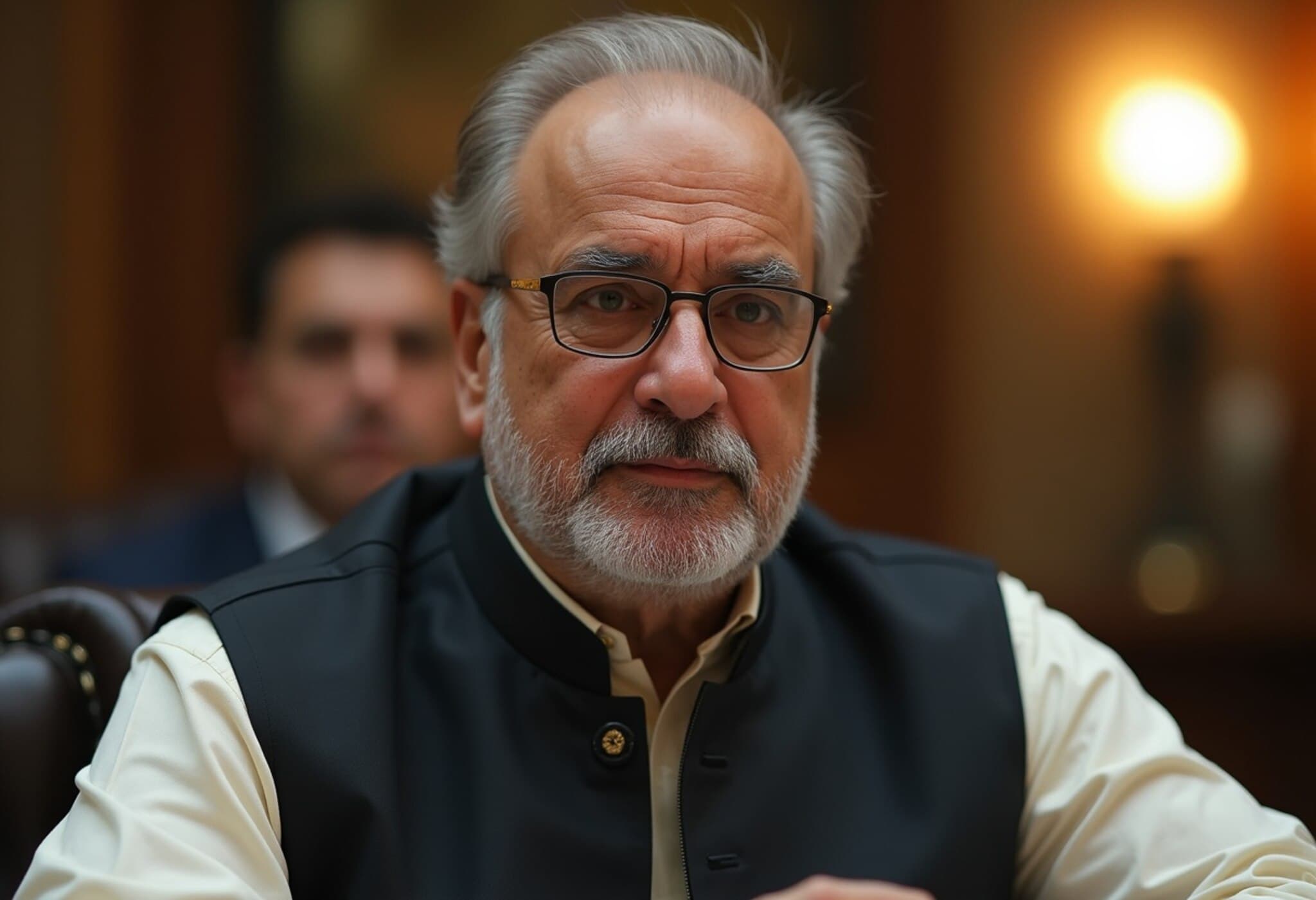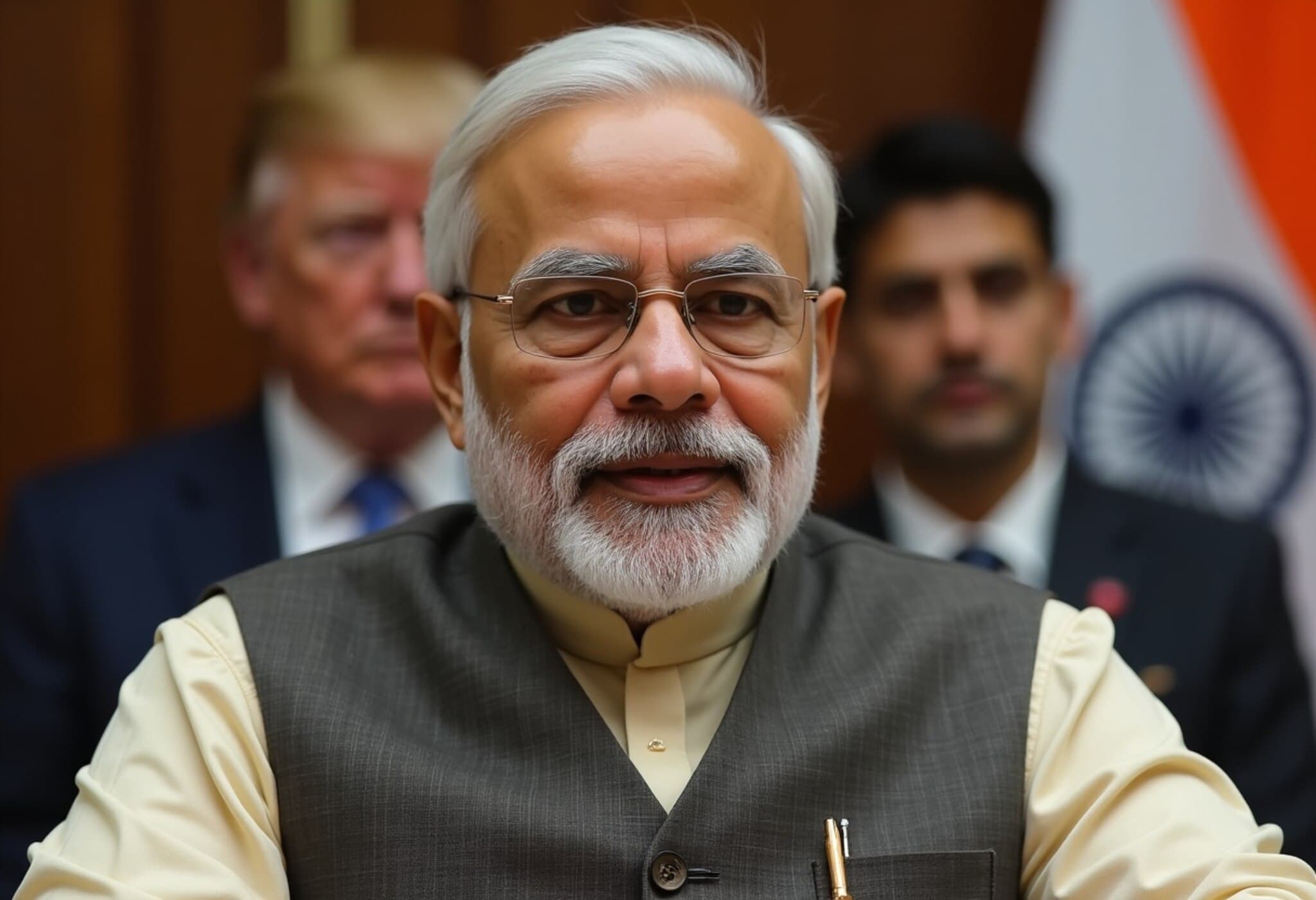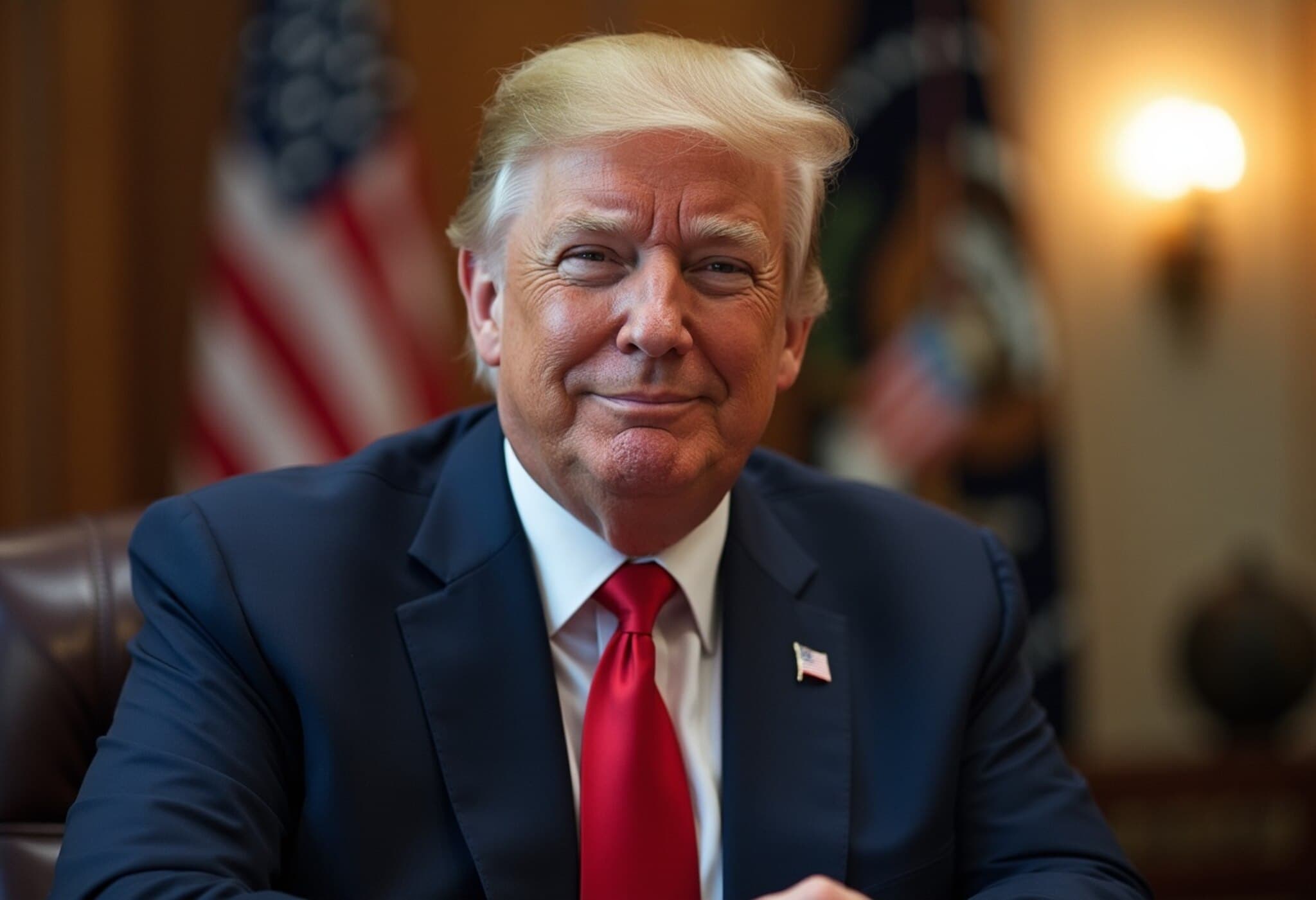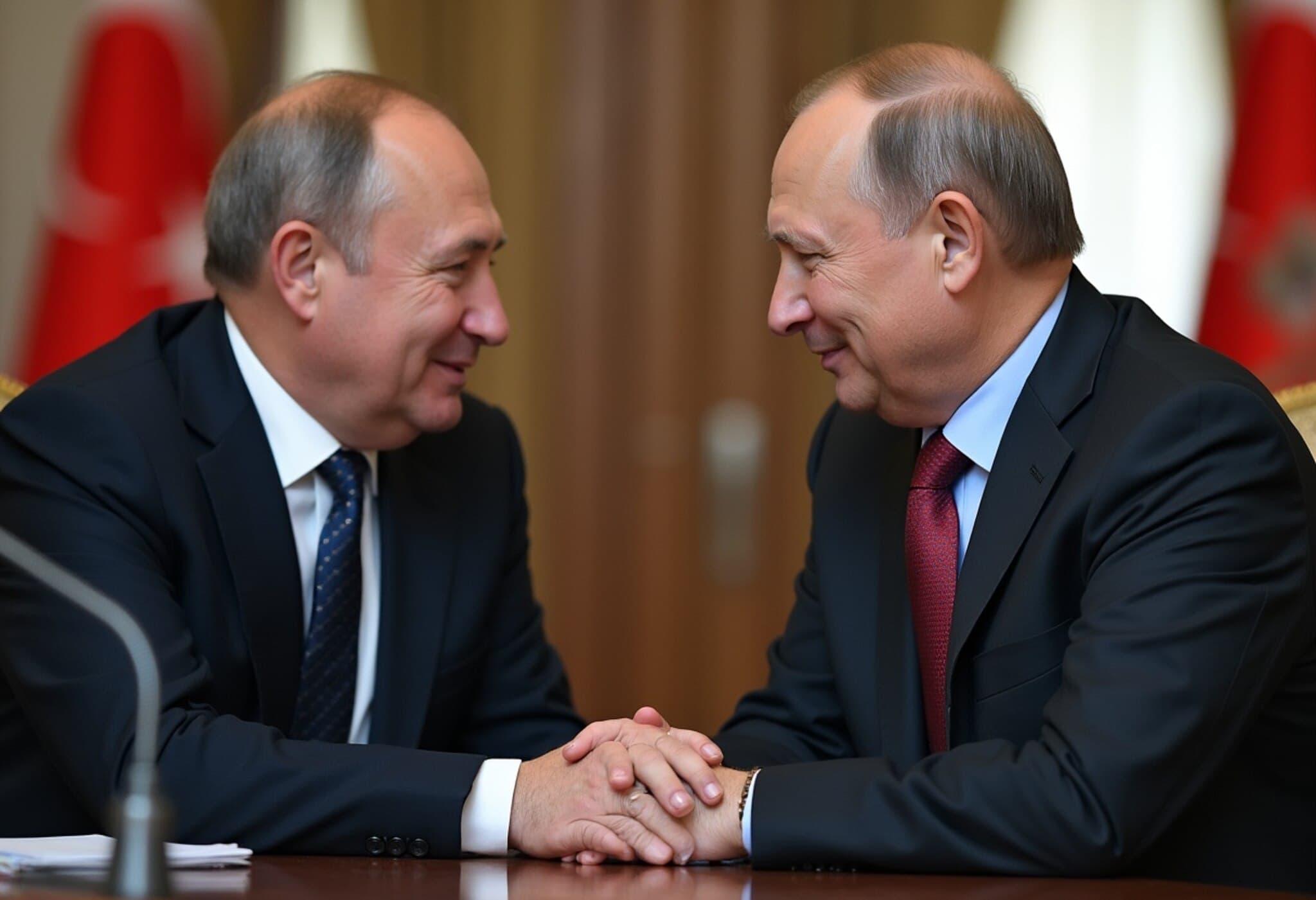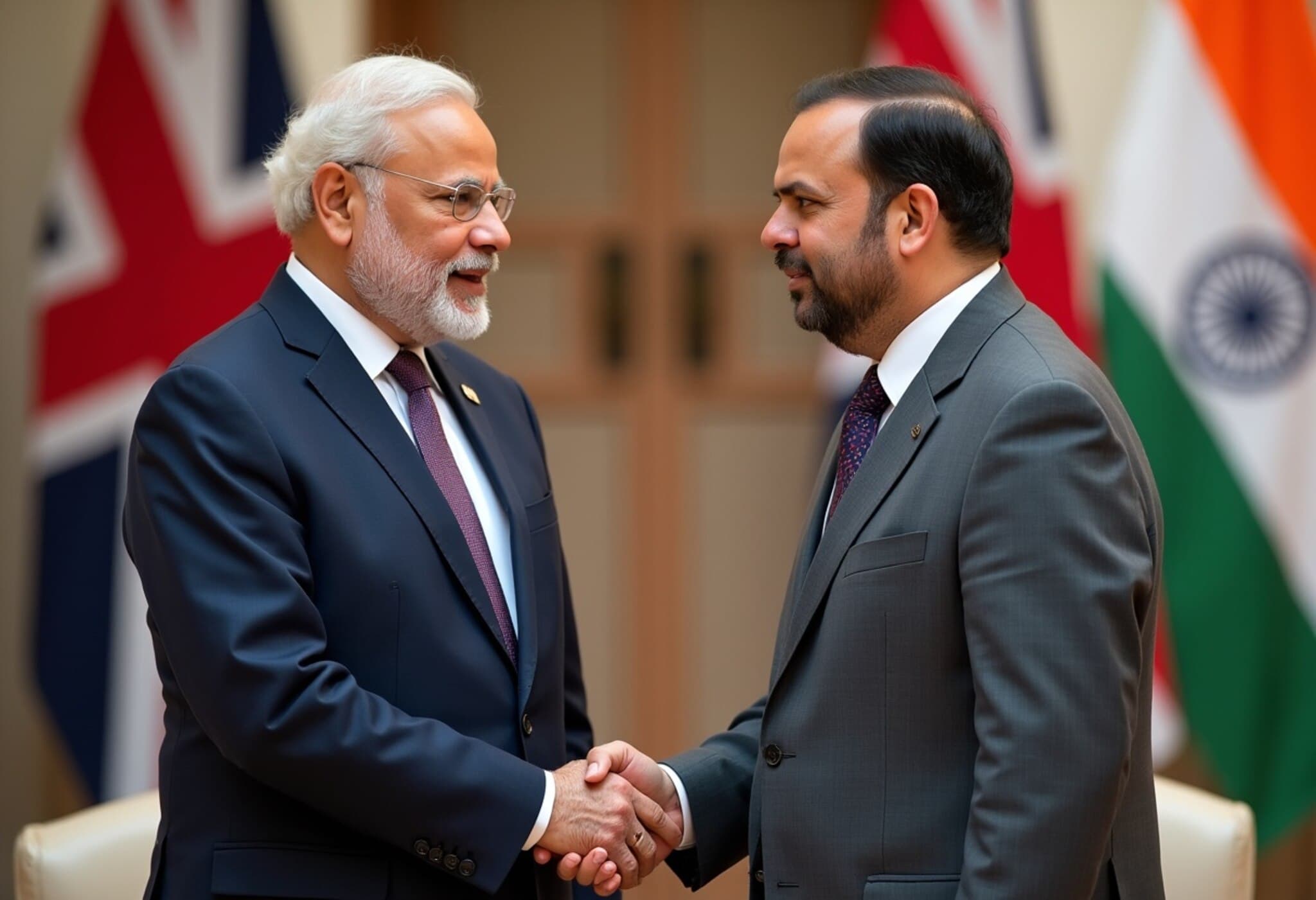Pakistan Army Chief Visits Sri Lanka for High-Level Defence Discussions
In a move that signals deepening defence ties between Pakistan and Sri Lanka, Lieutenant General Syed Aamer Raza, Chief of General Staff of the Pakistan Army, recently conducted a high-profile visit to Colombo. During his official trip, Lt. Gen. Raza met with key Sri Lankan officials, including Deputy Minister of Defence Aruna Jayasekara and Defence Ministry Secretary Sampath Thuyacontha, to discuss avenues for strengthening bilateral security and defence cooperation.
Beyond a Courtesy Call: Strategic Dialogue in Focus
While the visit was officially described as a courtesy call, the substance of discussions pointed to a more strategic partnership aimed at bolstering resilience and capacity across multiple domains. The meetings revisited outcomes from the Sri Lanka–Pakistan Bilateral Defence Dialogue held earlier this year in Islamabad, underscoring mutual commitments to advancing defence collaboration.
Key Areas of Cooperation Highlighted
- Capacity Building: Both sides emphasized the importance of sharing best practices and enhancing professional military training. Pakistan’s longstanding support in training Sri Lankan personnel remains a cornerstone for future cooperation, enhancing operational effectiveness and interoperability.
- Disaster Preparedness and Resilience: A growing focus on natural disaster response capabilities emerged prominently, reflecting the shared regional vulnerabilities and the need for coordinated emergency management strategies.
- Regional Security Partnership: The dialogue reaffirmed the strategic importance of close defence ties in maintaining stability across South Asia and the Indian Ocean region, amid shifting geopolitical dynamics.
Expert Analysis: A Pragmatic Step Amid Regional Challenges
From a geopolitical standpoint, this visit highlights Pakistan’s efforts to strengthen ties with key regional players like Sri Lanka amid evolving security concerns. For Colombo, partnering with Islamabad in defence matters provides access to critical training resources and diversifies its security partnerships beyond traditional allies.
Moreover, the emphasis on disaster response cooperation taps into a pragmatic area where both countries can benefit significantly given the frequency of cyclones, floods, and other natural disasters in the region. Such collaborations not only enhance military readiness but also build goodwill among civilian populations affected by crises.
It is also noteworthy that these talks occur in the broader contest for influence in the Indian Ocean, where both countries face the challenge of balancing relationships with larger powers such as China, India, and the United States. Therefore, reinforcing bilateral defence ties serves as a complementary strategy to safeguard national and regional interests.
Looking Ahead: Building a Resilient Defence Partnership
This visit could pave the way for future joint training exercises, intelligence sharing, and cooperative initiatives on maritime security, counterterrorism, and humanitarian assistance. Sustained engagement will be vital to convert diplomatic goodwill into actionable defence cooperation that tangibly benefits both nations.
With the groundwork laid in Islamabad earlier this year and now further solidified through Lt. Gen. Raza’s meetings in Colombo, the Pakistan-Sri Lanka defence relationship appears set for a promising chapter.
Summary Box: Key Takeaways
- High-level engagement between Pakistan and Sri Lanka signals deepening defence ties.
- Focus on capacity building and disaster preparedness reflects shared regional challenges.
- Strategic partnership supports regional stability amid complex geopolitical landscape.
- Ongoing cooperation may extend to joint exercises and intelligence sharing.
Editor’s Note
While labelled a courtesy visit, Lt. Gen. Syed Aamer Raza's engagement with Sri Lanka's defence leadership illustrates how subtle diplomatic channels serve vital roles in shaping regional security matrices. Future coverage should watch for concrete steps following these discussions, especially regarding joint operations and disaster response mechanisms. As South Asia navigates multifaceted threats, such partnerships may become indispensable anchors of peace and stability.

